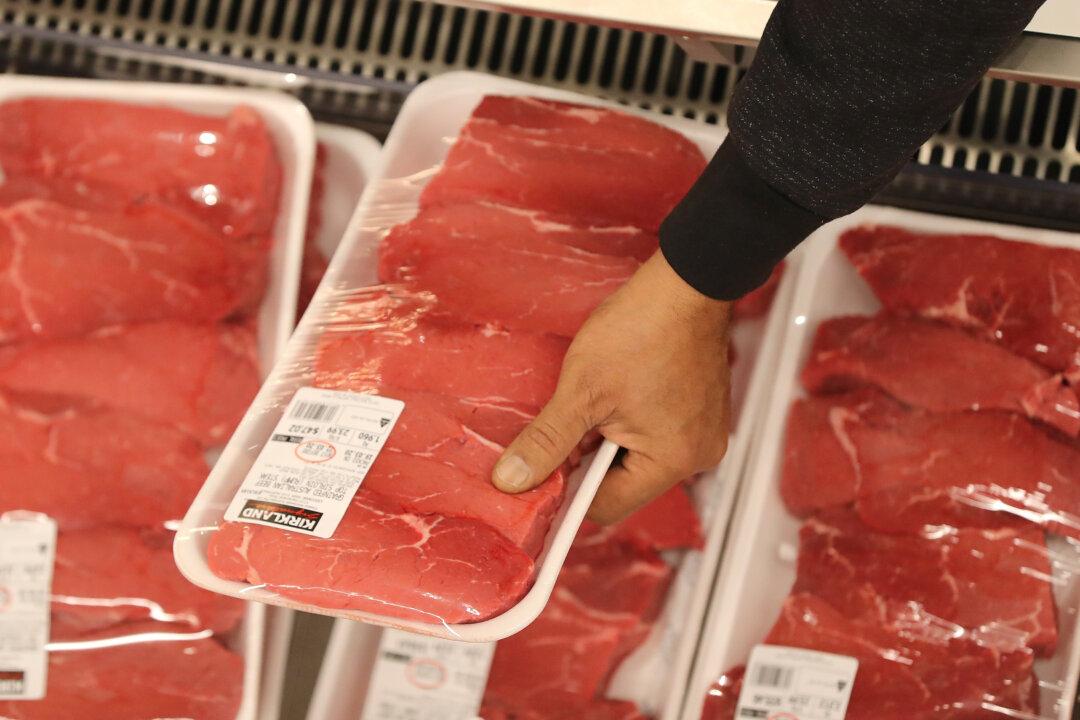A new study has found that Australians do not want to give up eating meat in the name of saving the planet from the “climate crisis.”
La Trobe University has released new research, which surveyed over 700 Australian Facebook users between 18 and 84 years old about their beliefs on climate change and the impact of meat consumption on the environment.





